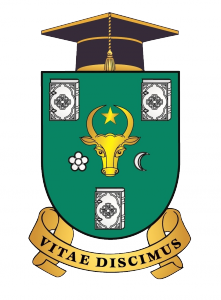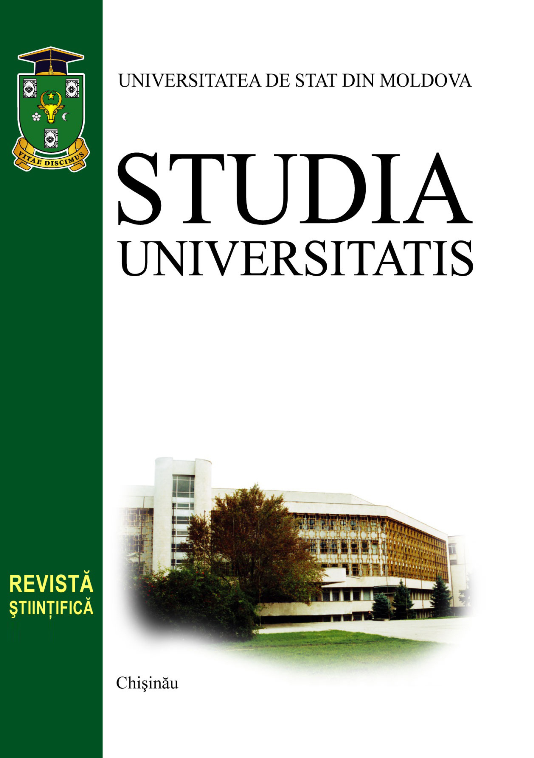DECISION THEORY – RENEWING THE EMPIRICAL STUDY OF ECONOMIC BEHAVIOR
Jacob RUB State University of Moldova
Rezumat
The purpose of the present study and the guiding line in this article is to accept the re-evaluation of social behavior in decision theory. The subject analysis in this article focuses on to understand better the white collar criminality in Israel decision analysis a new approach and the Republic of Moldova. The outcome of the study is to produce the necessary steps to reduce the phenomenon of WCC crime in Israel and the Republic of Moldova. In order to obtain this purpose the author has performed the systematization of the fact that above 80 percent of decision makers rely on intuiting rather than rational choice in fact and their further analysis. The author gives the answer on the questions which were considered to be the most disputable in the early studies, in the field of economics decisions, which represents that criminality has corresponded the rational assumption behavior of the criminal, who examines the strategic cost versus benefit from perpetration of the offence. There have been formulated the fact that it is improper to talk about rationality decision in WCC crime (for example of tender crimes) in Israel and the Republic of Moldova, because of a re-evaluation of what rational decision-making requires. The biggest attention has been spared to the aspect that represents the Psychological-economic aspect of decision behavior, for describing how people choose between alternatives and evaluate potential losses – because the rational procedure can not identify, and to choose the one action that causes a rise to the highest total ‘expected value gains’. The Author formulates the Meaning that the WCC manage risk and uncertainty crime decisions according three regularities: 1. Losses loom higher than gains; 2. Persons focus more on change in their utility states than they focus on absolute utilities; 3.The estimation of subjective probabilities is severely biased by. Conclusions proposed in the result of the article represent not only the theoretical but the evident empirical importance. Keywords: white-collar criminal (WCC); isolated phenomenon; decision theory; decision analysis; Prospect Theory; Psychological-economic aspect; Intuition thoughts; making choices under uncertainty; Heuristic behavioral; non-rationality theory; risk-seeking behavior; evaluate and potential losses commit the crime; tender crimes; probability information in the mind; re-evaluation of social behavior.


